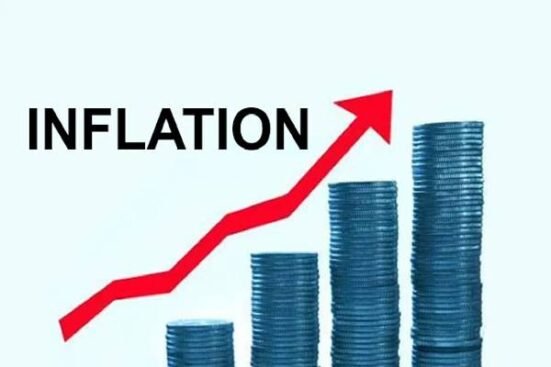Following the latest hike in the country’s interest rate to 27.50 per cent by the Central Bank of Nigeria, the labour movement and the Organised Private Sector have projected higher inflation and a weaker naira following.
Both groups spoke on Tuesday while reacting to the increase in the Monetary Policy Rate by CBN, as the Governor of the apex bank, Olayemi Cardoso, insisted that the country would begin to see the effects of the current monetary policies by the first quarter of 2025.
CBN raised NIgeria’s interest rate by 25 basis points to 27.50 per cent in November from 27.25 per cent in September 2024.
A senior official of the Nigeria Labour Congress decried the MPR hike, stressing that it would cause a significant increase in the cost of borrowing from commercial banks.
“This decision, intended as a tool to combat inflation, is expected to have profound implications for the economy, particularly on production and investment,” the official who spoke in confidence due to lack of authorisation to speak on the matter, stated.
He warned that this move could exacerbate production challenges, as manufacturers face higher costs of financing their operations.
Also, the Chief Executive Officer of the Centre for the Promotion of Private Enterprise, Dr Muda Yusuf, said, “The Monetary Policy Committee’s continued hawkish stance has sparked concerns as Nigeria’s third-quarter GDP report highlights declining growth in critical sectors.
“While the financial services sector grew by 32 per cent, agriculture and manufacturing recorded modest growth rates of 1.14 per cent and 0.92 per cent, respectively, with real estate, air transport, and textiles remaining in recession.”
Yusuf criticised the disconnect between the financial sector and the real economy, warning that further monetary tightening could worsen the situation.
“Key sectors like agriculture, manufacturing, and real estate are struggling and need monetary and fiscal support, not more restrictive policies,” Yusuf stated.
He called on the Central Bank of Nigeria to enhance support for development finance institutions to mitigate the financing challenges created by its tight monetary policy regime.
![]()










